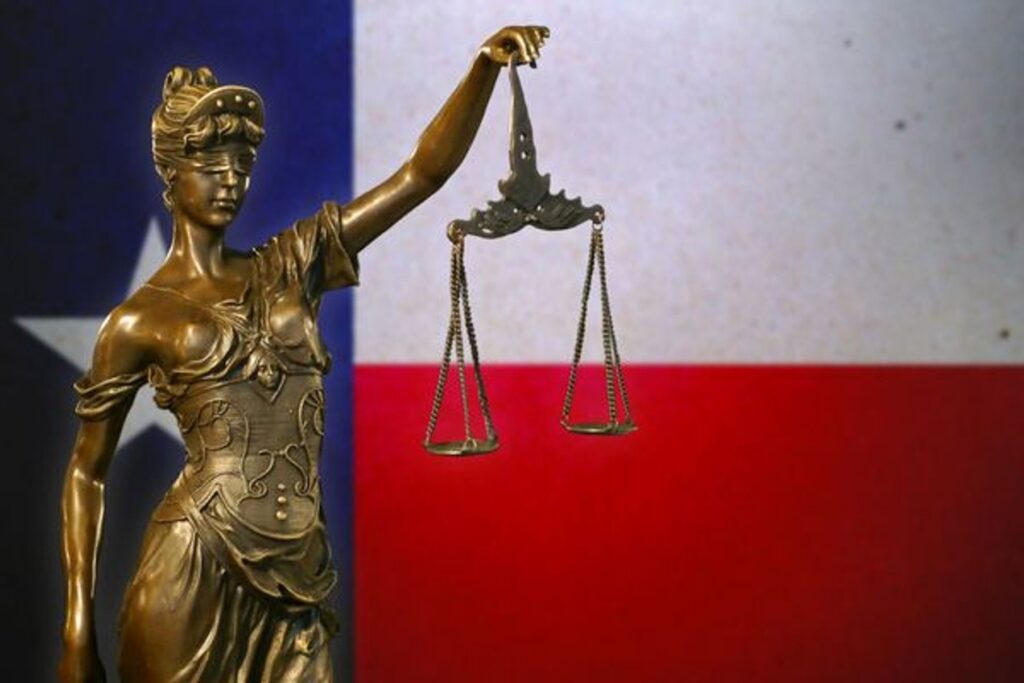Any applicant to the Texas Bar must be capable of demonstrating that they are individuals possessed with moral character. The Texas Board of Law Examiners—a panel composed of nine attorneys that the Texas Supreme Court has appointed to the task—is vigilant in determining that all applicants meet the requirements for eligibility to the Bar. While the Supreme Court itself has final say in whether an individual will be admitted, this determination is largely based upon the certification of the Board. And one major requirement that the Board imposes upon applicants is the disclosure of elements that may indicate that the individual does not possess the requisite moral fortitude.
Applying for the Texas bar
The Board pores over each application to make its determinations. They will look at the entire application. When an individual has a disciplinary action or criminal offense in their past, the Board will take note and engage in further investigation. Also likely to raise the Board’s eyebrows are actions such as past failure to pay taxes, failure to pay child support, or judgments at court. As attorneys are representatives of the legal establishment of Texas, the Supreme Court does not want to admit individuals who have either shirked legal responsibilities or broken the law—certainly not without further investigation—since such behavior can be instrumental in displaying the moral character of an applicant.
This fact is taken by some as a reason to leave off of their application the presence of such unseemly elements from their past, in the hopes that the Board will approve their application. But this would be a huge mistake. After all, applicants to the Bar are expected to be honest and forthright. Whereas the Board may be lenient on an applicant if they report their past behaviors but can show a sense of remorse or rehabilitation, the failure to disclose or give a forthright description of the behaviors is generally perceived as a fresh indicator that the applicant’s moral character is sub-par, making them unworthy of licensure.
BERTOLINO LLP proudly represents those attempting licensure across the entire State of Texas, and we have a solid track record of success. To best serve our clients we have offices in Austin, Houston, and San Antonio. If you are faced with refusal to license by the Texas Supreme Court, contact us today or call (512) 476-5757 and schedule a case evaluation.
Call or text (512) 476-5757 or complete a Case Evaluation form





